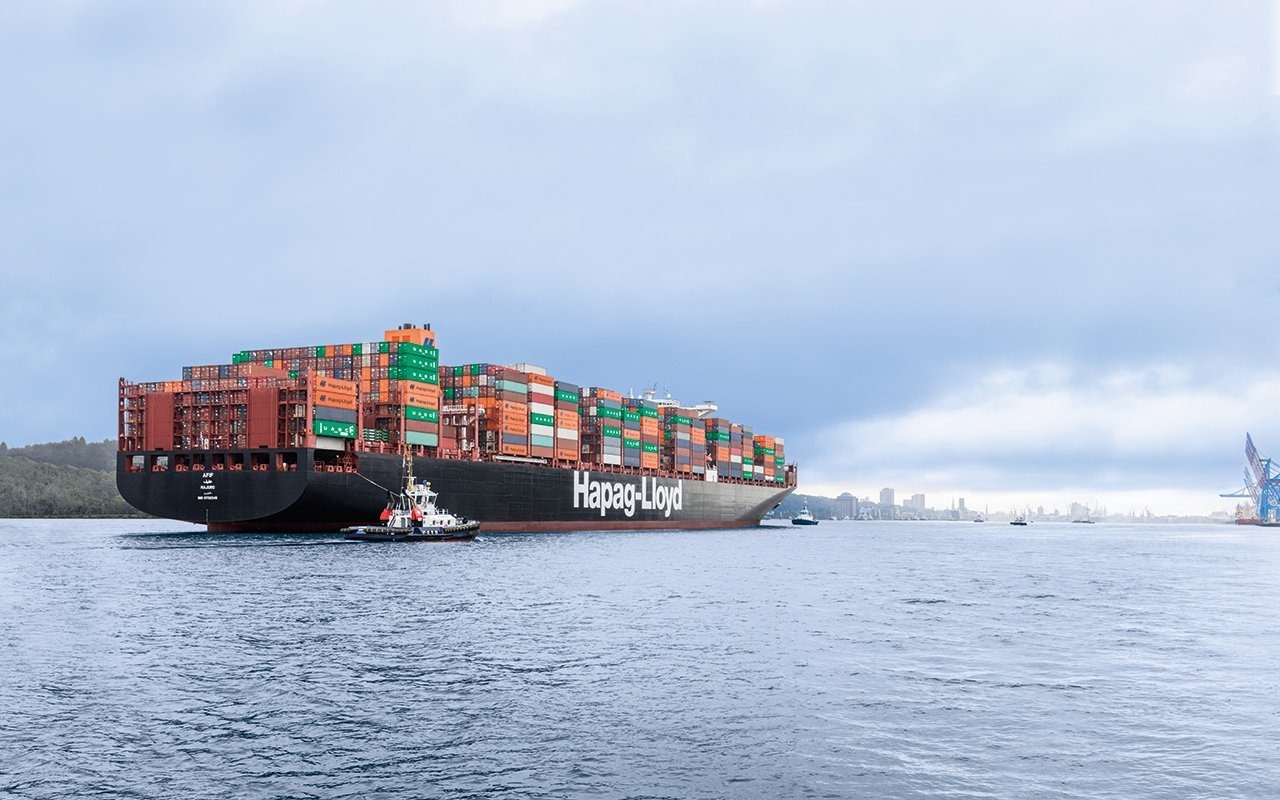.jpg?width=730&height=395&name=visuels-rs-market-insights%20(1).jpg)
The price of low sulphur marine fuel currently stands at over $500 per tonne. This should reassure the many shipping companies which installed scrubbers two years ago.
In early 2020, when the new International Maritime Organisation rules on sulphur oxide emissions had just come into force, everyone was talking about the surcharges they would entail. Shipping companies had two options. They either fitted their ships with scrubbers, cleaning devices which washed exhaust gases in water, or they used low sulphur marine fuels, essential very low sulphur fuel oil (VLFSO) or marine gasoil (MGO).
At the end of 2019, the price of these "clean" fuels soared to around $700 per tonne. In spring 2020, however, the Covid crisis reduced demand for oil in the world and brought the price of low sulphur fuel down to $320 per tonne, compared with $370 per tonne for heavy fuel oil (IFO 380). This temporary windfall contributed greatly, moreover, to the shipping companies' improved financial results. They benefited from a double positive impact - a reduction in fixed costs along with a huge increase in freight rates - particularly those companies which were not having to bear the cost of having installed scrubbers.
Turnaround
We are now seeing a turnaround in favour of those shipping companies which decided to fit a large part of their fleets with scrubbers, MSC first among them.
Benefiting from a $150 advantage in the price per tonne of heavy fuel oil and perhaps from some slight relaxation in port checks because of Covid, ships fitted with scrubbers are starting to come into their own in terms of voyage operating profits.
It will be interesting to see if shipping companies making extensive use of scrubbers start using them as a commercial argument to meet demand from shippers struggling with extremely high freight rates.
New general fuel surcharges
We can have doubts about that since it would come down to giving preference to an item of equipment which does not have a very good reputation. Scrubber technology, which currently mainly uses the open loop system, involves transferring waste emissions from the air to the sea. Scrubbers have been stigmatised, moreover, by the environmental lobbies which have had no qualms about labelling them "cheat devices" even though they enable the shipping companies to comply with IMO 2020 air emission rules.
The shipping companies are going to supply sticks which will be used to beat them. It is more likely that they will treat their current gains as a return on investment and be strongly tempted to follow the general market trend by announcing new general fuel surcharges.
> READ MORE: "Greening" shipping, the technical options

Jérôme de Ricqlès
Shipping expert
Our latest articles
-
Subscriber 3 min 24/02/2026Lire l'article -
Hapag-Lloyd - Zim: a shipping deal with geostrategic implications
Lire l'article -
European road freight: the spot market is stalling
Lire l'article


